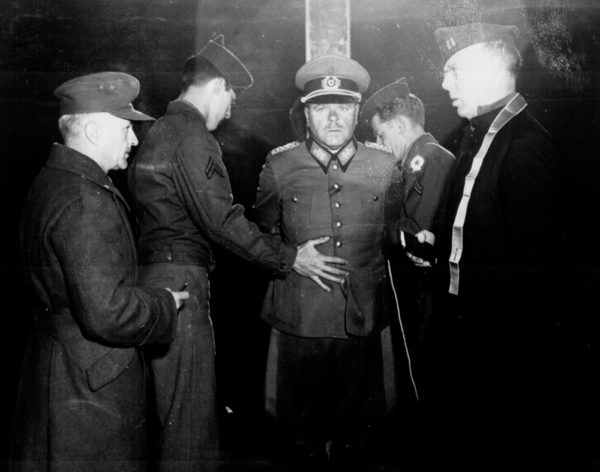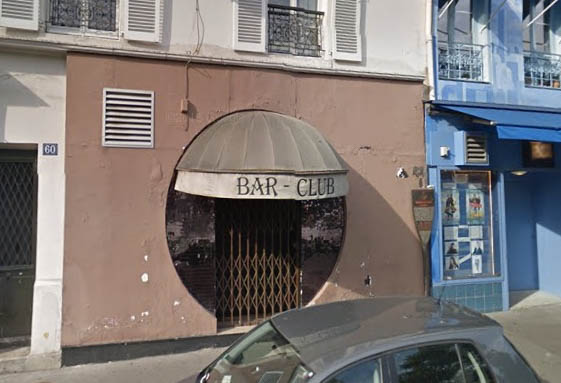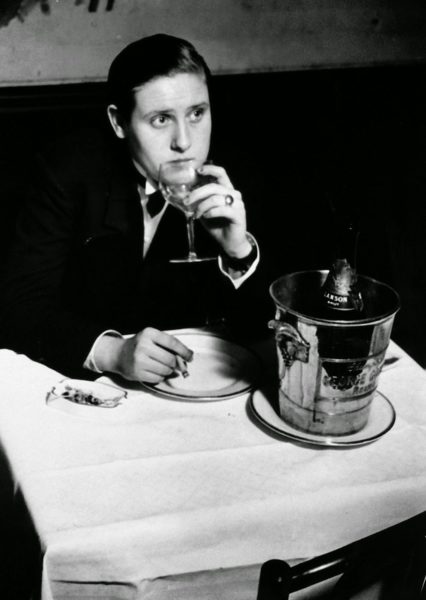
The German Occupation of Paris and France turned brutal within eighteen months of their soldiers marching down the avenue des Champs-Élysées on the morning of 14 June 1940. Despite the original orders to respect and act as “gentlemen” to the citizens of Paris, the Germans gradually increased the pressure of their jackboot on the throat of France. After the successful Allied invasion of North Africa (Operation Torch) in November 1942, all pretense of an “independent” French government—Vichy—was gone as was the designation of the Occupied- and Unoccupied-Zones.
La Grande Rafle (The Great Roundup) had taken place over two days in July 1942. More than 13,000 Jewish citizens (approximately 4,000 were children) were arrested, detained, and transported to Auschwitz—only several hundred would return less than three years later. Food was scarce except for the privileged few who could afford the black market or those who kept company with German officers. Detention, interrogation, torture, and execution of hostages, résistants, foreign agents, or anyone else the Nazis deemed unworthy became common place as the Gestapo strengthened its position within the Nazi hierarchy and its grip on Paris.
As the Allies moved closer to Paris in the late summer of 1944 after breaking out of Normandy, the Germans began to make arrangements to leave the city. They knew the consequences if they remained. Even some of the German officers tried to convince their lovers to accompany them back to Germany as they predicted harm would likely come to the women if they remained behind. Little did they know the scope of violence that would descend on suspected collaborators. Read More The Épuration: World War II French Revenge


